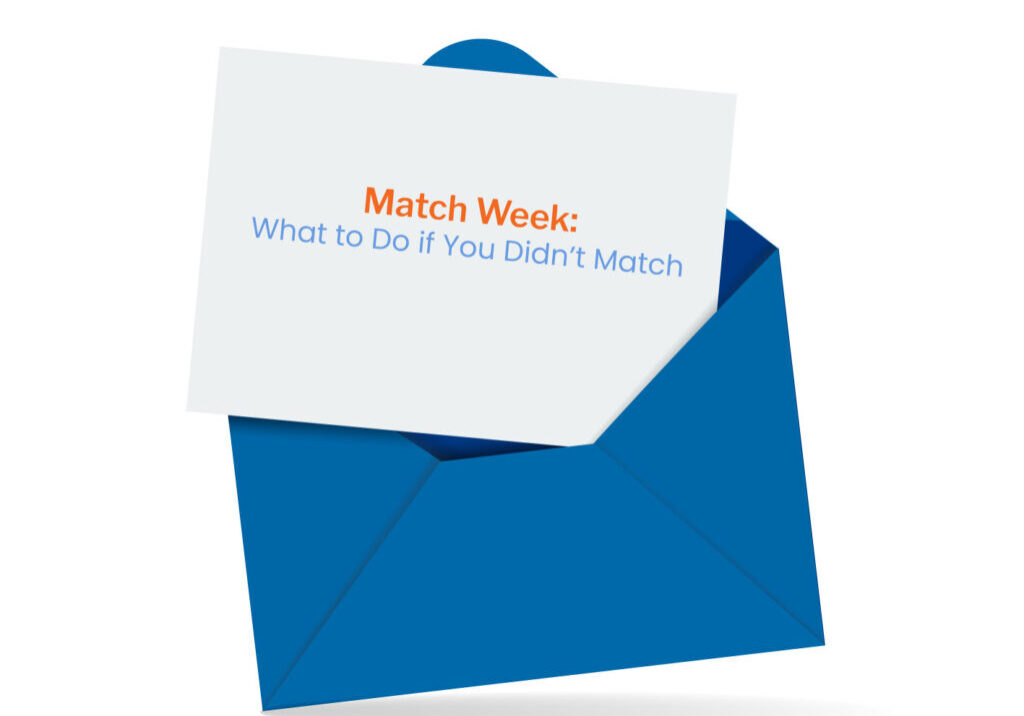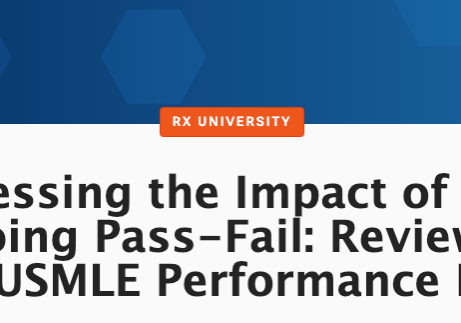By Luke Murray
 This post is part of a series called “Med School Done Right,” which will look at not just succeeding in medical school in the narrow terms of “getting good grades,” but at shaping the kind of experiences you want to have during these (usually) four very important years of your life.
This post is part of a series called “Med School Done Right,” which will look at not just succeeding in medical school in the narrow terms of “getting good grades,” but at shaping the kind of experiences you want to have during these (usually) four very important years of your life.
“Doing medical school right” means something different to everyone. For some, it means expanding their depth of medical knowledge for a future yet unknown. For others, it’s the preparatory stages for a specialty they’ve been focused on since childhood. But, for others still, the path is unclear. Considering your remaining time in this unique period of your life/career and thinking about how you’d like it to play out – what, exactly, the “right” experience should be for you – can be a vague and consequently daunting exercise. As I’m wrapping up this time in my life, I’ve come across an experience that would have helped me greatly, had I used it as a thought experiment at the beginning of my journey: the residency interview.
When you walk into a residency interview, be prepared for a whole range of questions. There are standard interview questions: “What are your biggest strengths & weaknesses?” or “What hobbies do you have?” but there will also be questions that are specific to your medical school experience like “What did you think of medical school?” or “Why did you choose ‘X’ specialty?” You can find actual lists of questions that residency directors ask here. Now, before you stop reading this post because you’re nowhere near the point where you need to prepare for your residency interviews, let me tell you that taking a few minutes to thoughtfully go over some interview questions now will provide massive clarity about what will and won’t matter to you in the long run. Remember, hindsight is always better than foresight, and I’m offering you a little hindsight now.
Personally, I look back on the past few years, and I view the side business I created and the class on process improvement I taught to classmates as things that I am really proud; these experiences stand out as positive ones for me. On the other hand, the times I should have studied harder or the friendships I wish I would have invested more time in stand out as things I didn’t prioritize appropriately. If I would have gone through the residency interview experience in my mind sooner, reflecting on the future, I feel as if I would have been more likely to have fewer regrets on the back end.
So, if you’re looking at all the different things you might want to focus on this semester, and you’ve noticed how little progress you’ve made on those New Year’s resolutions, or you need to pare your list of goals down to a more realistic list, perhaps imagining how you’d like your residency interviews to go 1, 2, or 3 years from now may help put things into focus for you. I know my recent residency interviews have helped clarify a lot for me, and I know the process would have helped me prioritize if I would have done it years ago.
Want to read more posts about hos to do med school “right?” Check out Luke’s article series here.



